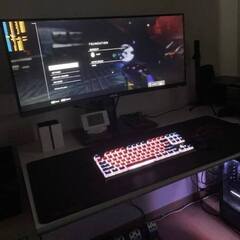How common is a catastrophic failure of an SSD?
Depends on multiple factors, such as the conditions the drive is in, in terms of temperature, moisture levels etc. The age of the drive and the number of total writes performed on the drive.
Typically, without some external factor like a voltage spike or short, drives (both HDDs and SSDs) tend to fail either very early in their lifetime or towards the end, which for HDDs tends to be powered on hours and movement of the actuation arm/read head and for SSDs, tends to be the total number of writes to the drive, as well as age. Between that, catastrophic failure is very uncommon (think less than 1%) without some external cause, though they do happen, which is basically just bad luck.
There's nothing you can really do to prevent those kinds of failures, so instead you should focus on having a good backup solution in place for important data you don't want to lose, as the drives are just a method of storing data, some of which cannot be replaced, while the drive can be. Just a note here that RAID or other similar redundancy solutions are not a backup, nor is just copying the data to another drive that you have constant write access to. Either use a cold backup, where the drive is disconnected from the system after the backup completes, or by using a dedicated backup software that locks the drive to any writes outside of backups.
Some recommend doing a sort of burn in test on new drives to basically 0 the drive (write a 0 to every byte on the drive) to weed out early failures before putting any data on them.



















Create an account or sign in to comment
You need to be a member in order to leave a comment
Create an account
Sign up for a new account in our community. It's easy!
Register a new accountSign in
Already have an account? Sign in here.
Sign In Now